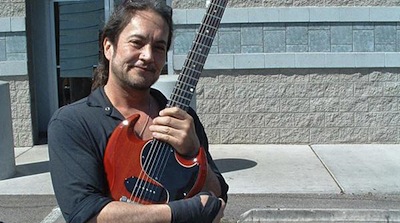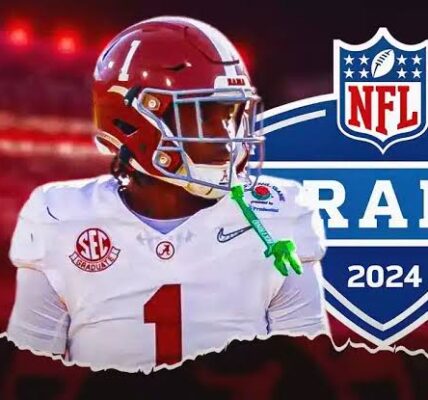Fact or Fiction? Media and Harris Accuse Trump of Calling for Cheney’s Execution, Video Tells a Different Story
Has Trump really called for Cheney’s execution, or is the story spun for impact? Examining the context reveals the truth.
Media’s Misleading Headlines Spark Controversy
In a sensational series of headlines, several major media outlets claimed that former President Donald Trump had escalated his rhetoric by suggesting Liz Cheney should “face a firing squad.” CNN, the New York Times, Axios, and NPR each published stories with similar implications, leading readers to believe that Trump had expressed violent intentions toward the former congresswoman, known for her outspoken criticism of Trump and her endorsement of Vice President Kamala Harris.
The reports quickly caught public attention, sparking accusations of dangerous rhetoric and reigniting debates over media bias. However, when reviewed in full, Trump’s actual comments paint a different picture—one that shifts the narrative away from threats and toward criticism of Cheney’s “hawkish” support for military action.
Trump’s Real Message: Critique of “War Hawks”
During an interview with Tucker Carlson, Trump commented on Cheney’s pro-war stance, framing it within the broader context of “chicken hawks”—a term for individuals who promote military action but have no personal experience in combat. Trump’s words, which included the statement, “They’re all war hawks when they’re sitting in Washington,” were aimed at highlighting Cheney’s enthusiasm for interventionist policies, suggesting she might reconsider if she understood firsthand the dangers faced by soldiers on the front lines.
The line that became the center of the controversy was Trump’s hypothetical statement suggesting Cheney might feel differently “when the guns are trained on her face.” Contrary to the media’s interpretation, the statement was a rhetorical illustration of the disconnect he perceives between politicians who advocate for war and those who bear its physical and emotional toll.
Cheney’s Response: “A Dictator’s Tactics”?
Following the interview, Cheney and her supporters seized on Trump’s remarks, framing them as a dangerous threat. Cheney went as far as to claim that Trump’s words echoed the tactics of dictators. “This is how dictators destroy free nations,” she stated, emphasizing that leaders should not “threaten those who speak against them with death.”
While strong in her response, Cheney’s interpretation aligned more with the media’s depiction than with the substance of Trump’s statements. Trump’s criticisms, while certainly pointed, did not call for violence but rather questioned the motivations behind Cheney’s political stances on war.
Rhetoric or Real Threat?
The debate over Trump’s comments exposes deeper issues in American political discourse and media representation. Critics of the media argue that by twisting Trump’s critique into a threat, outlets misrepresent his statements, stoking divisions and further polarizing public opinion. By focusing on isolated phrases, detractors claim, news outlets may amplify tensions rather than foster understanding.
On the other hand, the intensity of Trump’s rhetoric continues to raise questions. While he avoided explicit threats, his language was undeniably provocative. Whether the statements were a legitimate critique or unnecessarily incendiary is a question that may remain divisive.
A Call for Responsible Reporting
The incident underscores the role of responsible journalism, especially during polarized political times. Simplifying or sensationalizing statements can mislead the public, fueling misunderstandings on issues that already carry weight. In the end, this moment reflects a need for clearer context in reporting, allowing the public to discern fact from fiction on their own terms.




